The Beginner’s Guide to Antibodies
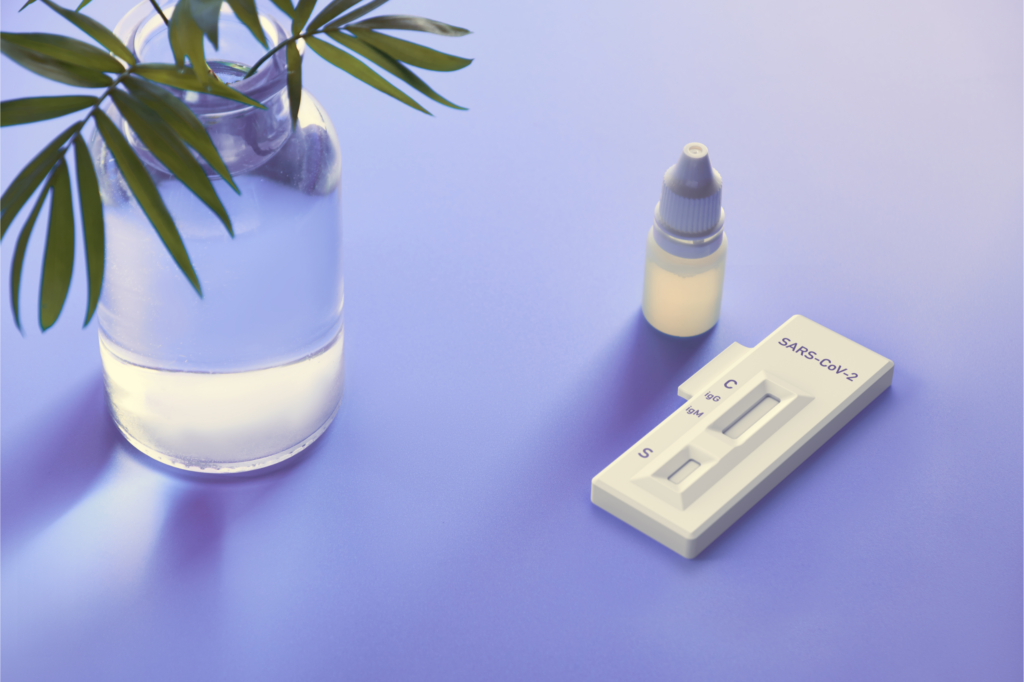
Not too long ago I sat in the driver’s seat of my car and pricked the heel of my best friend’s newborn baby. As he latched on to her breast to distract him from the pain, I squeezed his tiny little baby foot, collecting the small drop of blood I needed to run an antibody test. She was vaccinated a few weeks earlier, and we watched the test patiently, hoping that he would also test positive for COVID antibodies.
I’ve been working with antibodies for nearly a decade, and suddenly it is more important than ever that the public understand antibodies and not just scientists. So what are antibodies? And why should we even care about them?
Let’s Start with the Basics
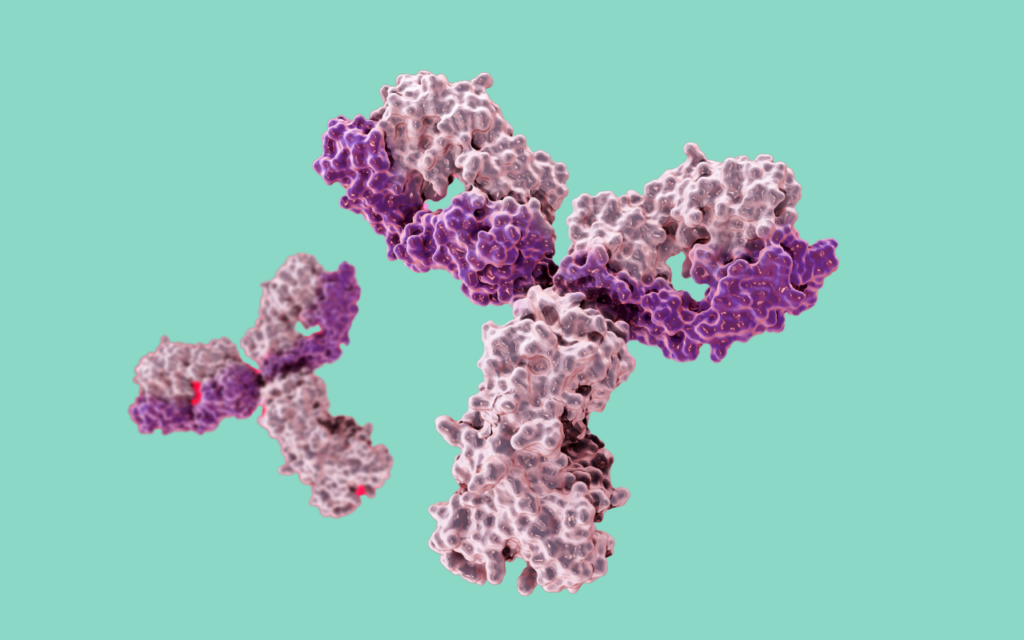
Antibodies are literally your bodyguard. Your body makes these Y-shaped proteins in response to a foreign substance. A ‘foreign substance’ can be bacteria, viruses, parasites, chemicals, or any other substance that might enter your body. The antibody’s job is to protect your body from these foreign invaders.
Once your body makes an antibody to something specific (called an antigen), it can help protect you from that same thing in the future. This is the basis for how vaccines work, and why you can only get sick from certain infections once. However, viruses and other pathogens are super sneaky and can change over time to hide from your immune system.
Antibodies have two main parts. The stem portion of the “Y” is called the Fc region, and the top portion is called the Fab region. The Fc (stem) region is more similar across different antibodies, while the top of the “Y” is where the antibody binds to each specific antigen. Each antibody can bind two antigens, at each tip of the top of the “Y.”
Quick Tip: Another word for antibody is “immunoglobulin” (or Ig). This means the same thing!
The 5 Types of Antibodies
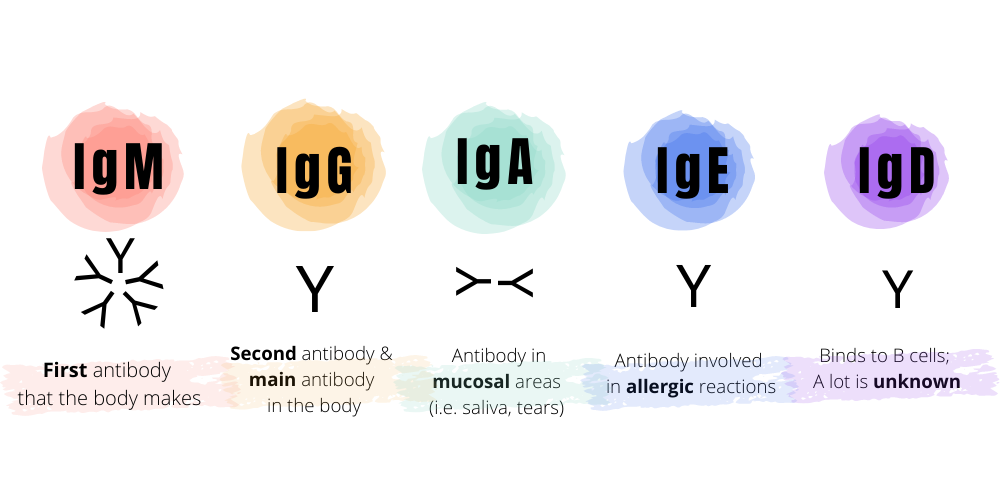
There are 5 types of antibodies in humans: IgM, IgG, IgA, IgE, and IgD. Each type of antibody plays a different role in the body’s defense system.
The IgM antibody is the first antibody that your body makes in response to a foreign substance. It is called a pentamer because it contains 5 of the Y-shaped proteins linked together (penta = five). If you are tested for IgM antibodies for something specific (e.g. COVID), that means that you’ve had a recent infection. These antibodies generally stay around for about 2 weeks before the body transitions to IgG’s.
The IgG antibody is the second antibody that your body makes after the IgM’s and is the main antibody in your body. It is also the only antibody that crosses the placenta in pregnant women, so it is the main antibody that protects newborns.
IgA antibodies are the second most common antibody found in blood after IgG’s. They are found in high concentrations in mucosal areas – respiratory tract, genitourinary tract, and gastrointestinal tract. I like to think of the “A” as “Away” because they are high in concentration in areas away from your bloodstream (saliva, tears, breastmilk), unlike the other antibodies.
IgE antibodies are involved in allergic reactions and make up a very small percentage of the antibodies in your body. IgD antibodies are involved in the initial production of antibodies but a lot of still unknown about their function.
So What?
Antibodies are a critical part of your body’s health, protecting you day in and day out from countless infections. Understanding the function of antibodies gives you knowledge about vaccines, immune deficiency, allergies, auto-immune diseases, and immunotherapy, just to name a few. By understanding the basic mechanisms of an antibody and your immune system, you can better prepared if you ever have a child with an egg allergy (like mine), or by understanding why it is important to protect others that might be immunocompromised. Better yet, you can understand what immunocompromised even means!
Oh and by the way, my best friend’s son tested negative that day in the car, so he didn’t yet have a detectable level of COVID antibodies. Another friend of mine that had a baby around the same time had gotten COVID while pregnant. Her son had a very high amount of COVID antibodies in his blood as a newborn. As we now know, the IgG antibodies must have crossed the placenta to give him some protection. Pretty cool, huh?
If there is a topic that you want learn more about, or this article sparked a curiosity that needs more detail, please let me know!


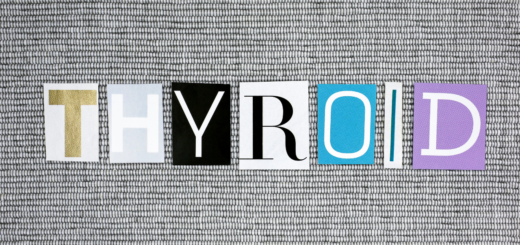
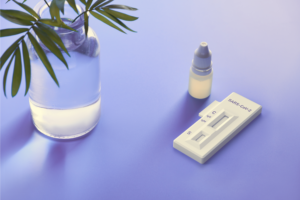
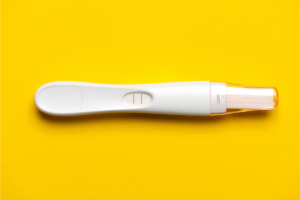

1 Response
[…] gonadotropin) that is produced from your placenta when you are pregnant. They find the hCG using antibodies that specifically bind to this protein. The line that you see is ‘striped’ with one antibody, […]